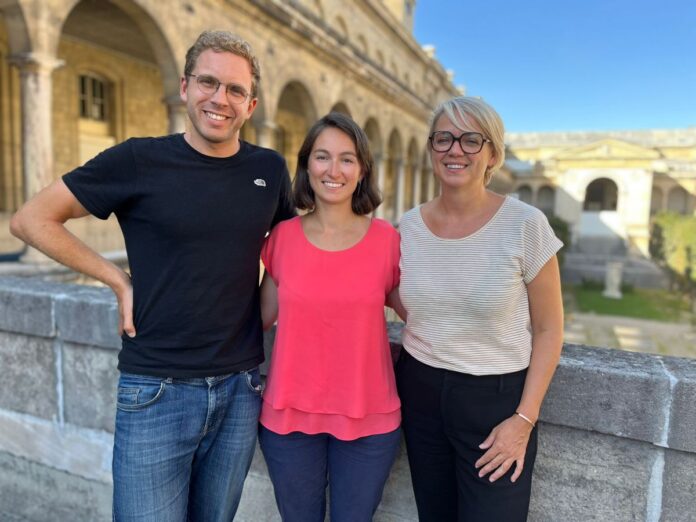The incidence of cancer is increasing, especially among younger adults, but many new drug compounds do not progress through clinical trials. According to French entrepreneur Fanny Jaulin (pictured above on the right), the issue lies in the design of clinical trials.
Jaulin explained to TechCrunch, “Just because a drug fails in clinical trials doesn’t mean it’s not a good drug.” This highlights the need for better ways to test new molecules, particularly for cancers where innovation has struggled in recent years.
Her startup, Orakl Oncology, uses AI to address this challenge. Jaulin acknowledges that many companies are also utilizing AI in drug discovery, but she believes Orakl’s uniqueness lies elsewhere.
Established in 2023 as a spinoff from the Gustave Roussy Institute of Oncology, Orakl combines data and biology, setting it apart from companies focusing solely on one or the other, and aligning it more with companies like Tempus. The fusion of data and biology is vital to navigating the complexity of cancer, Jaulin stated.
The result is a hybrid approach involving avatars that merge real patient backgrounds with tissue information. Orakl currently concentrates on organoids for trials, which are simplified versions of organs used for testing.
Orakl collects around 40 variables per patient to compensate for its smaller data pool compared to larger competitors, with an initial emphasis on colorectal and pancreatic cancers.
Orakl intends to bring two products to market: O-Predict, which predicts patient responses to drug candidates, and O-Validate, which aids in the reverse process. While O-Predict targets drug developers, O-Validate is suitable for AI- and data-driven biotech companies.
The startup recently secured seed funding, supplementing the €3 million pre-seed round from 2023. Led by European VC fund Singular, this round, along with non-dilutive funding from Bpifrance, brings Orakl’s total funds raised to nearly €15 million.
Most of the funding will go towards expanding the commercial team to secure contracts. However, Jaulin’s motivation as an entrepreneur stems from the urgency of cancer as a chronic disease and the inadequacy of the current therapeutic options. Her ultimate goal is to accelerate precision medicine discovery to ensure more patients have access to effective drugs.






